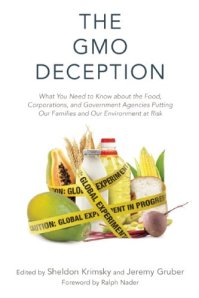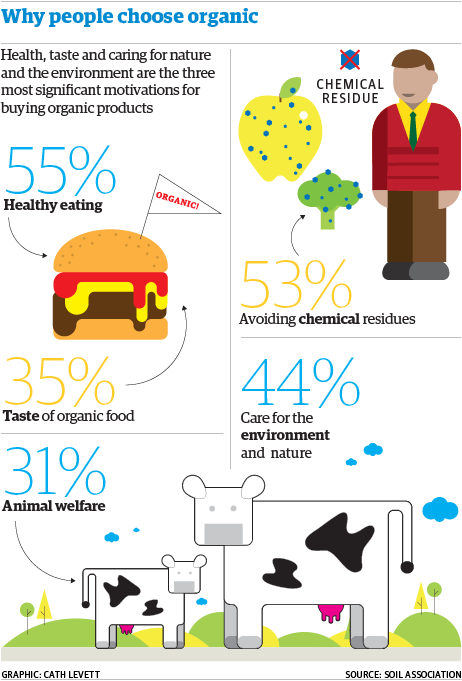The FDA is taking comments on its proposals to revamp the food label until August 1, 2014.
It has two sets of proposed changes:
Here is the first of my comments on several food label items. Feel free to copy, edit, or file your own (see directions below).
July 16, 2014
TO: FDA
FROM: Marion Nestle, Professor, New York University
RE: Nutrition Facts panel: ADDED SUGARS
1. Retain the line for Sugars but call it Total Sugars
2. Add a line for Added Sugars
Rationale:
- Excessive intake of dietary sugars is well established to raise the risk of obesity and type-2 diabetes.[i]
- Americans on average twice as much as is generally recommended.[ii]
- The amount typically consumed comes close to the upper limit recommended by the Institute of Medicine on the basis of increased risk of nutrient deficiencies.[iii]
- Sugars intrinsic to foods are accompanied by nutrients; added sugars are not.
- Although there is no biochemical difference between intrinsic and added sugars, food and beverage companies know exactly how much sugar they add as part of the recipes for their products.
- Listing the amount of added sugars on food labels would inform consumers about how much sugars are added to the foods they buy.
- Randomized, controlled clinical trials to test the hypothesis that added sugars increase disease risk would violate ethical standards and, therefore, are impossible to conduct.
3. Establish a Daily Reference Value for Added Sugars of 10% of total calories
Rationale:
- Since the 1977 Dietary Goals, health officials have consistently recommended an upper limit of 10 percent of calories from added sugars.[iv]
- The 1992 USDA Food Guide Pyramid suggested an upper limit of 6, 12, and 18 teaspoons of sugars, respectively, for daily diets of 1,600, 2,200, and 2,800 calories, respectively. This works out to 7, 10, and 13 percent of calorie intake, respectively, for an average of 10 percent.[v]
- By 1992, health officials in several European countries had recommended much the same.[vi]
- The Institute of Medicine’s 2002 upper safety limit of 25% of calories was based on risk for nutrient deficiencies, not obesity and chronic disease.[vii]
- In 2009, the American Heart Association recommended that women consume no more than 100 calories per day from added sugars (25 grams), and men no more than 150 calories per day (38 grams). These come to 5 percent and 7.5 percent, respectively, of a 2000-calorie daily diet.[viii]
- The 2010 Dietary Guidelines for Americans state that no more than 5 to 15 percent of calories should come from a combination of solid fats and added sugars. This implies that added sugars should be less than 10% of calories.[ix]
- Dr. Robert Lustig says that a “dose” of added sugars up to 50 grams a day poses little risk for metabolic or chronic disease. This amounts to 200 sugar calories and 10% of a 2,000-calorie daily diet (he says twice that much, the amount commonly consumed by Americans, is toxic.[x]
- The World Health Organization in 2014 said that added sugars should make up less than 10 percent of total calories per day, and less than 5 percent would be even better,[xi] based on two research reviews, one on sugars and obesity[xii] and one on sugars and tooth decay.[xiii]
- Added sugars as 10% of calories represents about half the amounts currently consumed and comes close to consensus.
References
[i] Te Morenga L, Mallard S, Mann J. Dietary sugars and body weight: systematic review and meta-analyses of randomised controlled trials and cohttp://steinhardt.nyu.edu/nutrition/hort studies. BMJ 2012;345:e7492. doi: 10.1136/bmj.e7492.
[ii] USDA. Loss-adjusted food availability documentation. March 11, 2014. http://www.ers.usda.gov/data-products/food-availability-(per-capita)-data-system/loss-adjusted-food-availability-documentation.aspx#.UzlzcfldU6w. USDA. Food availability documentation: added sugar and sweeteners. http://www.ers.usda.gov/data-products/food-availability-(per-capita)-data-system/food-availability-documentation.aspx#sugar. The tables used to construct figure 3D are at: Refined Sugar, Corn Syrup, Other Sweeteners.
[iii] Institute of Medicine (IOM) of the National Academies. “Dietary Reference Intakes for Energy, Carbohydrate, Fiber, Fat, Fatty Acids, Cholesterol, Protein, and Amino Acids (Macronutrients), Chapter 6: Dietary Carbohydrates: Sugars and Starches”, Washington, DC: National Academies Press; 2002.
[iv] U.S. Senate Committee on Nutrition and Human Needs. Dietary Goals for the United States, December 1977.
[v] USDA. Food Guide Pyramid, 1992.
[vi] Cannon G: Food and Health: The Experts Agree. London: Consumers’ Association, 1992.
[vii] USDA. Is intake of added sugars associated with diet quality? Nutrition Insights, Insight 21, October 2000.
[viii] Johnson RK, Appel LJ, Brands M, et al. Dietary sugars intake and cardiovascular health: a scientific statement from the American Heart Association. Circulation. 2009;120(11):1011-1120. doi: 10.1161/CirculationAHA.109.192627.
[ix] USDA and USDHHS. Dietary guidelines for Americans, 2010. http://www.cnpp.usda.gov/dgas2010-policydocument.htm.
[x] Lustig RH. Fat Chance: Beating the Odds Against Sugar, Processed Food, Obesity, and Disease. Hudson Street Press, 2012.
[xi] WHO. Draft guideline: Sugars intake for adults and children, March 2014. http://www.who.int/nutrition/sugars_public_consultation/en/.
[xii] Te Morenga L, Mallard S, Mann J. Dietary sugars and body weight: systematic review and meta-analyses of randomised controlled trials and cohort studies. BMJ 2012;345:e7492 doi: 10.1136/bmj.e7492.
[xiii] Moynihan PJ, Kelly SAM. Effect on Caries of Restricting Sugars Intake. Systematic Review to Inform WHO Guidelines. JDR 2014;93:8-18. doi:10.1177/0022034513508954.
The FDA makes it easy to file comments. It provides:







